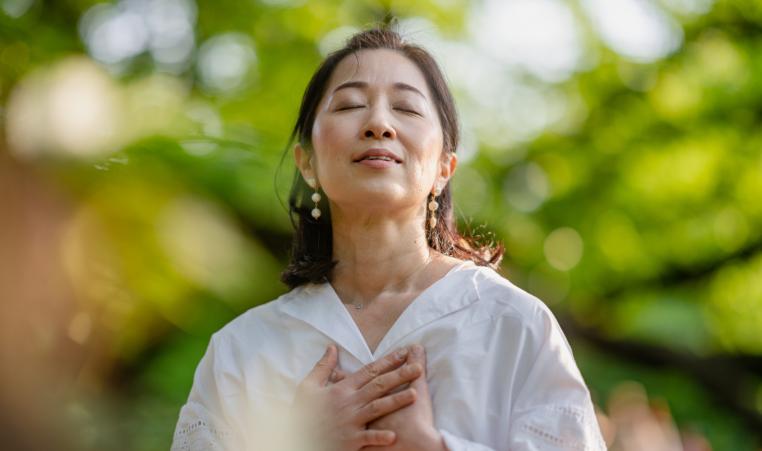Mind and Body: The Connection Between Exercise and Mental Health in Older Adults

As we age, we experience various physical and mental changes that can impact our overall well-being. While exercise is often recommended for maintaining physical health, it also has a powerful impact on mental health, particularly in older adults. Let's explore the connection between exercise and mental health in older adults and how regular exercise can promote a healthy mind and body.
Exercise reduces the risk of depression and anxiety
Research has shown that regular exercise can reduce the risk of developing depression and anxiety in older adults. Exercise releases endorphins, which are natural mood boosters that can help to reduce feelings of stress and anxiety. Additionally, exercise can improve self-esteem and provide a sense of accomplishment, leading to a more positive outlook on life.
Exercise improves cognitive function
Our cognitive function can decline as we age, leading to memory loss and other cognitive impairments. Exercise has been shown to improve cognitive function in older adults by increasing blood flow to the brain, stimulating the growth of new brain cells, and enhancing neural connections. Exercise can also reduce the risk of dementia and Alzheimer's disease.
Exercise promotes socialization
Many older adults experience social isolation, which can lead to feelings of loneliness and depression. Exercise provides an opportunity for socialization and can improve the overall quality of life. Group exercise classes, pickle ball, and other forms of exercise can help older adults connect with others and form meaningful relationships.
Regular exercise has numerous benefits for older adults, including improved mental health and cognitive function, as well as opportunities for socialization. If you're an older adult looking to improve your mental and physical health, consider incorporating regular exercise into your routine. Start with low-impact activities such as walking or swimming, and gradually increase the intensity and duration of your workouts. Consult with your doctor before starting any exercise program to ensure it's safe for you. By prioritizing your physical health, you can promote a healthy mind and enjoy a better quality of life.
Visit www.ymcadallas.org to see what activities are happening across the association, or check your local YMCA to see what‘s new!
Kimberly Graber joined the YMCA movement in 2019 as a part of our health and wellness team. After growing the personal training program at the Waxahachie YMCA, she became a Regional Personal Training Director overseeing three different branches and currently operates as the Association Director of Personal Training. She graduated with a Bachelor’s of Science in Human Services, which has become a true passion for her. She finds joy in helping others realize their full potential - whether that be physically, mentally, emotionally or spiritually.
